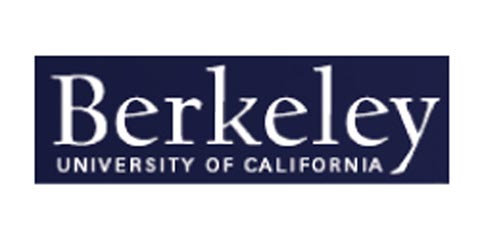Measuring the benefits of water quality, sanitation, handwashing and nutritional interventions for improving health and child development (WASH Benefits)
2009 - 2017 • University of California - Berkeley (UCB)
Purpose
The study includes two randomized trials in two rural communities in Bangladesh and Kenya. It will measure the effect of providing improved household compound-level WASH and nutritional interventions, alone and in combination.
Activities
The WASH Benefits study includes two highly comparable randomized trials in rural communities -- one in Bangladesh, one in Kenya -- that will measure the effect of providing improved household compound-level WASH and nutritional interventions, alone and in combination, to a large birth cohort of children.
These are efficacy trials: measuring the effect of the interventions delivered by the research project and at no cost to participants (as opposed to delivered in a programmatic setting). Therefore, this project provides WASH hardware and behavior change activities to compounds in rural communities and measures health and child development outcomes among young children receiving these interventions. Child development as measured by communication, gross motor, and personal/social domains. The cost of the interventions is a small fraction of the total cost of the trial.
Countries of activity
Location of main activity
Objectives
Primary scientific objectives:
- Measure the impact of sanitation, water quality, handwashing and nutrition interventions (see below for details) on child diarrhoea and linear growth after 2 years of exposure.
- Determine whether there are larger reductions in child diarrhoea when providing a combined water, sanitation and handwashing intervention compared to each component alone.
- Determine whether there are larger effects on child diarrhoea and linear growth from combining (A) a comprehensive child nutrition intervention with ( B ) a combined water, sanitation and handwashing intervention compared to A or B alone.
Secondary scientific objectives:
- Measure the impact of a child nutritional intervention and household environmental interventions on environmental enteropathy biomarkers (e.g., lactulose, mannitol, myeloperoxidase, alpha-1 antitrypsin, neopterin, total IgG), and more clearly elucidate this potential pathway between environmental interventions and child growth and development.
- Measure the impact of sanitation, water quality, handwashing and nutritional interventions on intestinal parasitic infection prevalence and intensity by conducting Kato-Katz, PCR, and ELISA on stool samples.
- Measure the association between parasitic infection and other measures of enteric health, including acute diarrhoea and environmental enteropathy biomarkers.
Further information
Research or implementation partners:
International Centre for Diarrhoeal Disease Research, Bangladesh (icddr,b): Implement study activities in Bangladesh, scientific oversight, ethical review, data collection, and laboratory analyses in Bangladesh
Innovations for Poverty Action, Kenya (IPAK) : scientific oversight and data collection in Kenya
Kenya Medical Research Institute (KEMRI): ethical review and laboratory analyses in Kenya
Stanford University, USA: scientific oversight for both Bangladesh and Kenya
Emory University, USA: scientific oversight in Kenya and input on design in both countries
Johns Hopkins University, USA: guidance of intervention implementation and process evaluations in Bangladesh
University at Buffalo, SUNY, USA: guidance on the handwashing intervention
Wagner College, USA: laboratory analyses for a portion of the environmental enteropathy assessment
University of California, Davis, USA: guidance on the nutrition intervention
University of California, Berkeley, USA: scientific oversight, coordination between Bangladesh and Kenya, ethical review, and guidance on design and analysis
The Ministries of Health in Bangladesh and Kenya are aware of the trials, but since these are efficacy trials they are not directly connected to Ministry activities.
Filter tags
Behaviour change Bill & Melinda Gates Foundation East Asia & Pacific Health and hygiene Journalists Rural Rural areas Specific to one or several countries Sub-Saharan Africa University, education or research institution WASH and nutrition
Links

Uploaded by:
danijela milosevic (milli)















